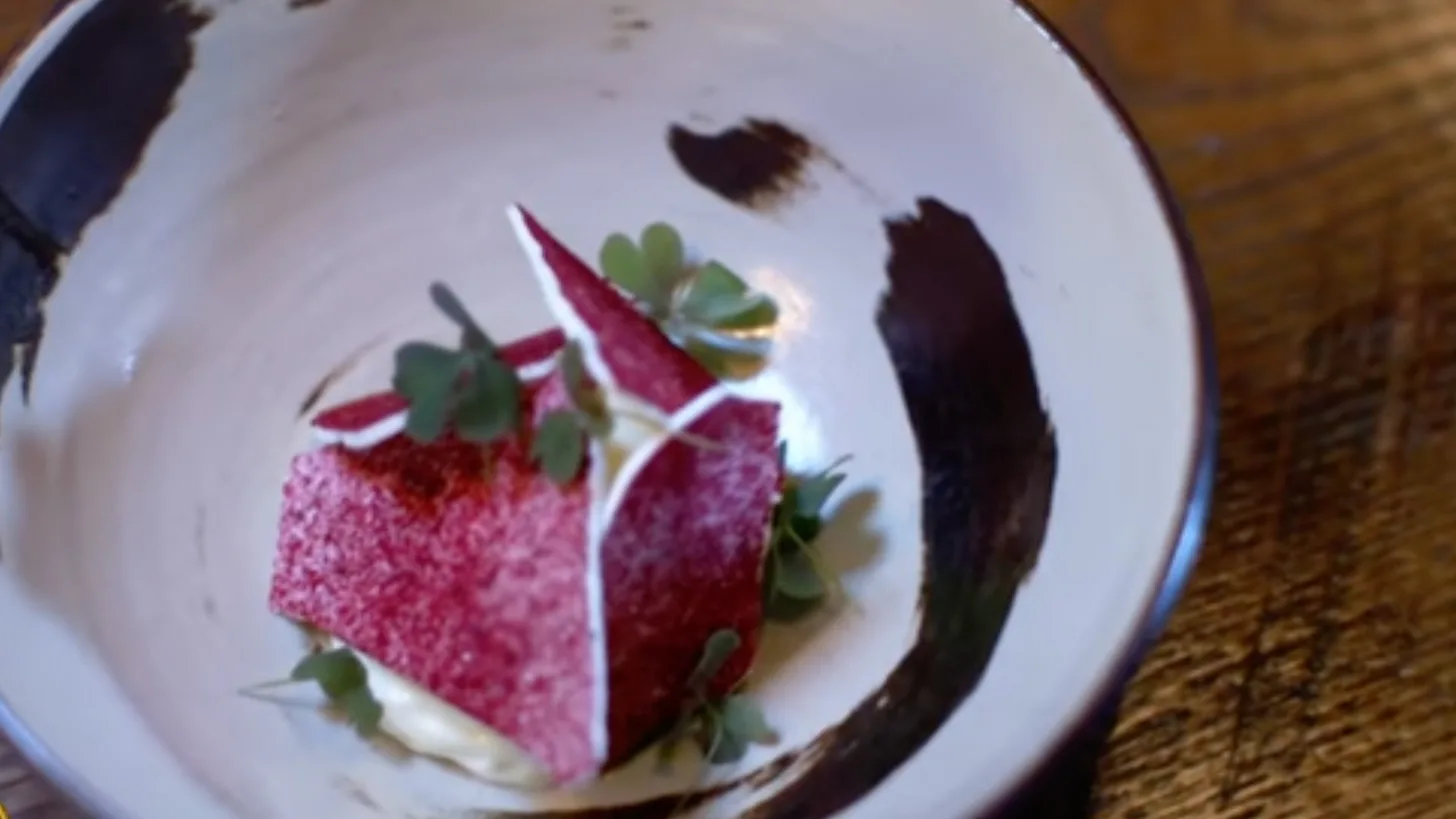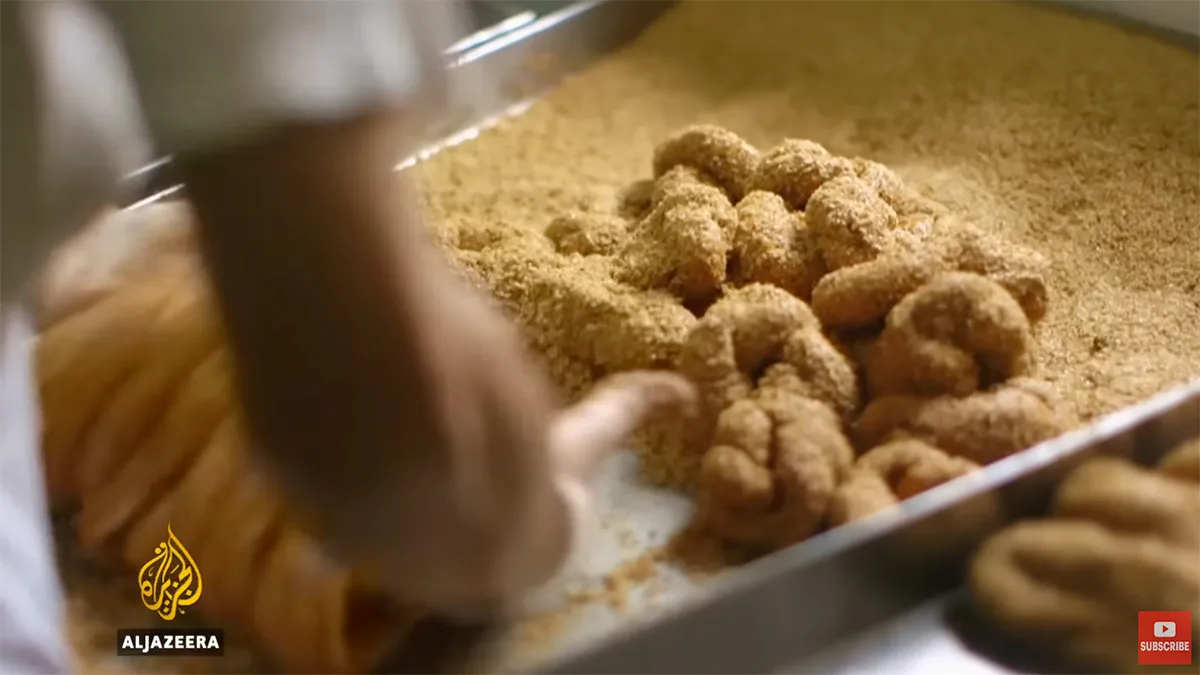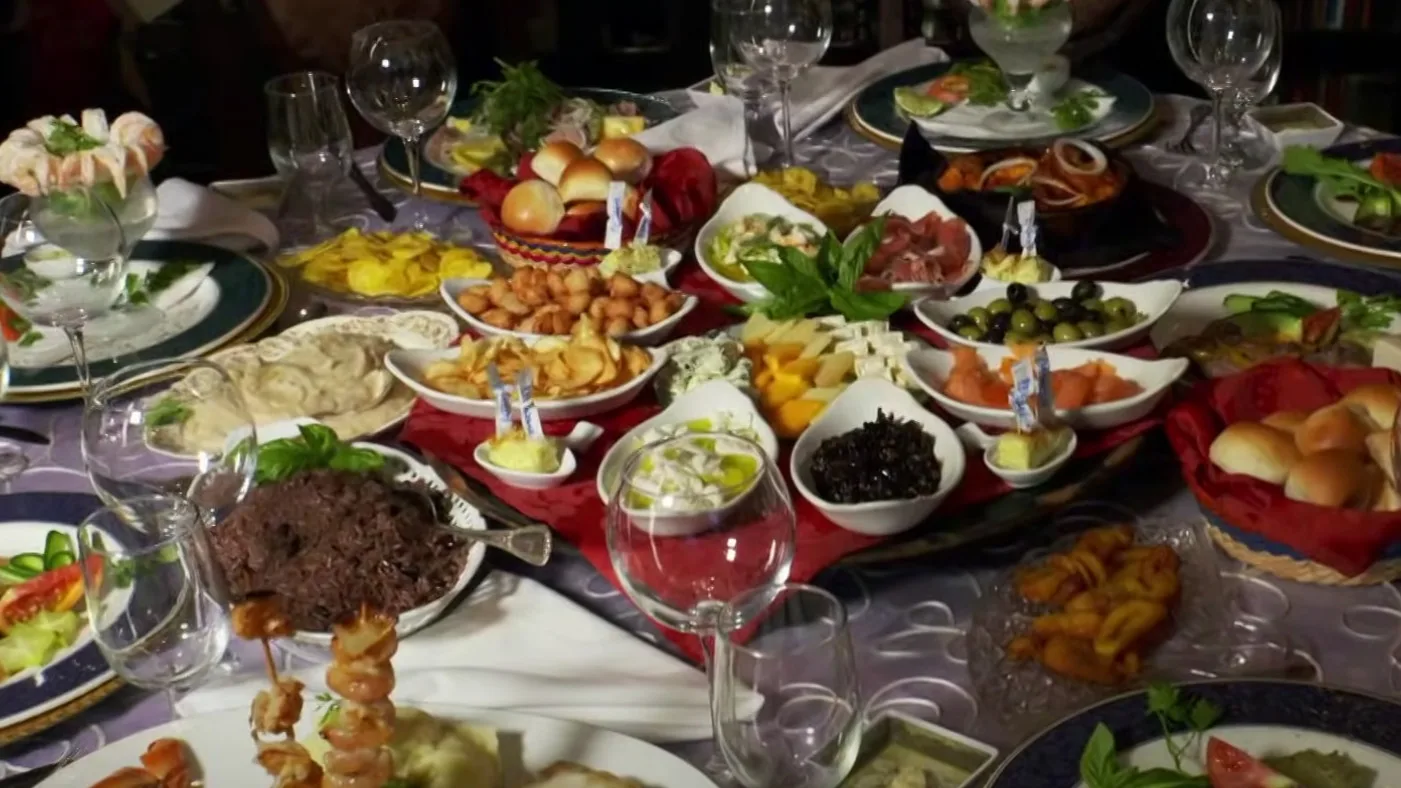I love food. I love making it, tasting it, and talking about it.
The gastronome in me finds joy in discovering new flavours and figuring out ways to transform ingredients. But the inquisitive writer in me always wants to delve deeper and find out about the stories behind the food. Because what we eat, how we eat it, and why, is fundamental to our sense of belonging. It can speak of national identity, inform us about who we are, and where we’ve been.
During my trip to Havana, I had the great fortune of meeting fellow food blogger Alain Gutierrez. He is the face behind A Taste of Cuba, a web journal of recipes and restaurant reviews around his home city. What sets his blog apart are his personal anecdotes on how dishes relate to his culture, such as the simple rice and beans called “moros y christianos”, a reference to the Moors and Christians who shaped Spanish history. He also interviews chefs across Cuba who are trying to preserve their culinary heritage. What’s not stated explicitly, though, is that they are doing all this while enduring punishing sanctions.
It was eye-opening going shopping with Alain at fresh markets, especially those supported by the government. These stores offer staples such as meat, rice and coffee at highly subsidised prices. But there’s a catch – each Cuban can only get a limited number of these items based on a ration card known as “la libreta”. Although the rations aren’t enough to fulfil one’s daily nutritional needs, they certainly help.
Then came another problem. We passed so many stores with empty shelves and idle workers. Alain explained that these state-funded shops hadn’t received any new shipment, but the workers naturally still had to show up to work.
Getting supplies is a daily challenge in Cuba. People just don’t know what they’ll be able to find in the shops on any given day, so planning meals is done by serendipity. And it’s not just food. Even pens and toilet paper can turn out to be scarce commodities. In spite of these difficulties, the Cubans I came across seemed to celebrate life, going about their day with optimism and verve.
Alain described it best when he said: “There are lots of problems in Cuba. People are mostly poor. It’s hard to get everything we want. But we cope.”



